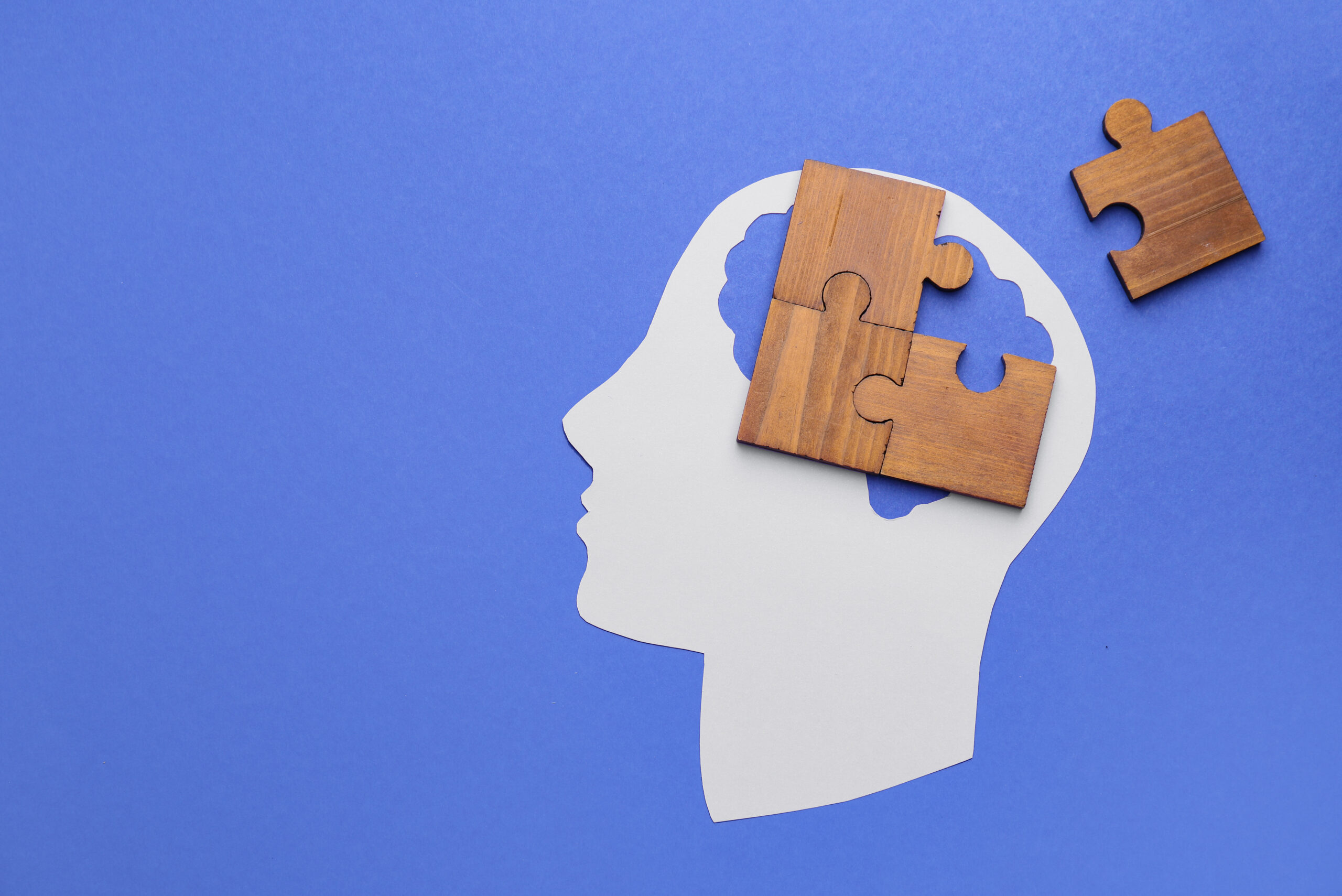Why lifelong learning keeps your brain young
Lifelong learning is like a workout for your brain, helping it stay sharp and young no matter how old you are. Just as your body needs exercise to stay fit, your brain thrives when it’s challenged with new information and skills. When you learn something new—whether it’s a language, a craft, or even just exploring local history—you create fresh connections in your brain. These connections help improve memory, focus, and problem-solving abilities.
One of the biggest perks of lifelong learning is that it can slow down the natural decline in cognitive function that often comes with aging. Studies show that people who keep their minds active by learning new things are less likely to develop dementia or other memory problems later on. This mental exercise promotes the growth of new nerve cells and strengthens existing neural pathways, which keeps your brain agile and ready for whatever life throws at you.
Learning also boosts mood and self-esteem. Accomplishing something new gives you a sense of achievement that can brighten your day and reduce feelings of depression or loneliness. Plus, many learning activities bring people together—whether through classes or clubs—helping build friendships and social connections that are vital for emotional health.
Beyond just keeping the mind healthy, lifelong learning gives life more meaning. It offers a renewed sense of purpose whether you’re retired or simply looking to enrich your daily routine. Instead of slowing down mentally as years pass by, continuous learning keeps curiosity alive and makes every day an opportunity to grow.
In many parts of the world, lifelong learning isn’t seen as optional but essential—a way to keep adults engaged with their communities while nurturing their well-being through education beyond career goals alone.
So picking up a book on an unfamiliar topic or trying out a creative hobby isn’t just fun—it’s one of the smartest ways to keep your brain young at heart throughout all stages of life.





